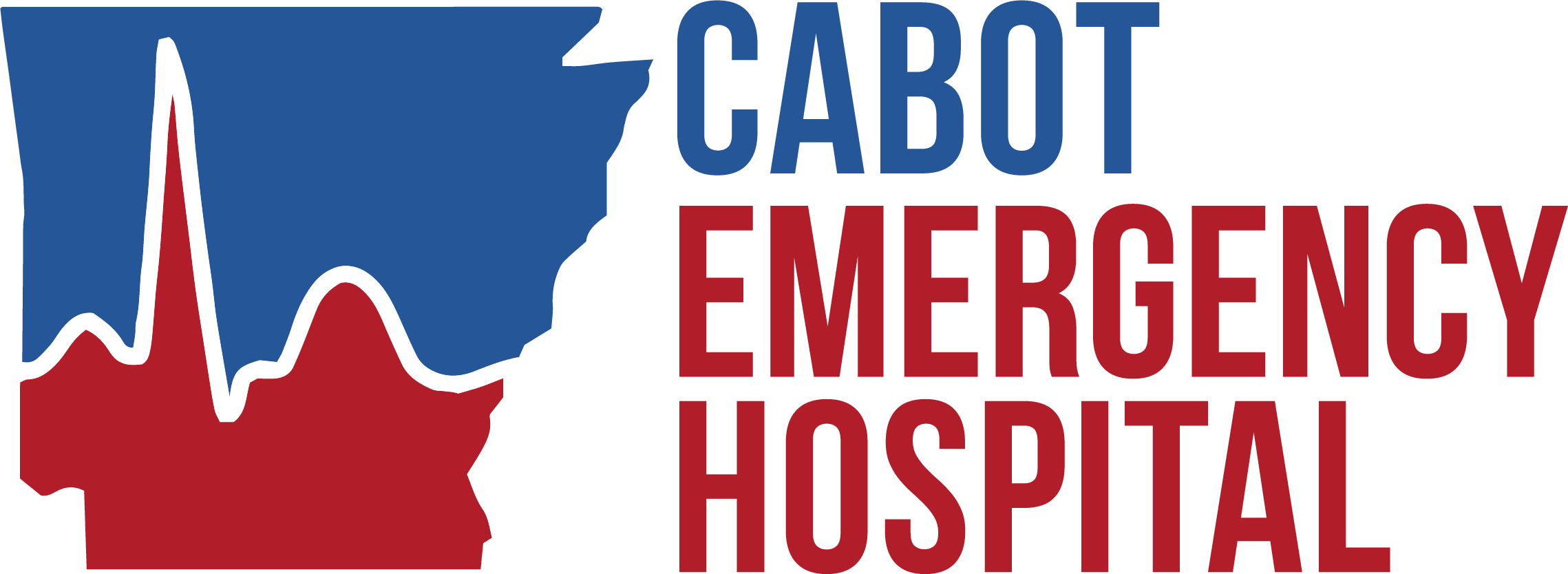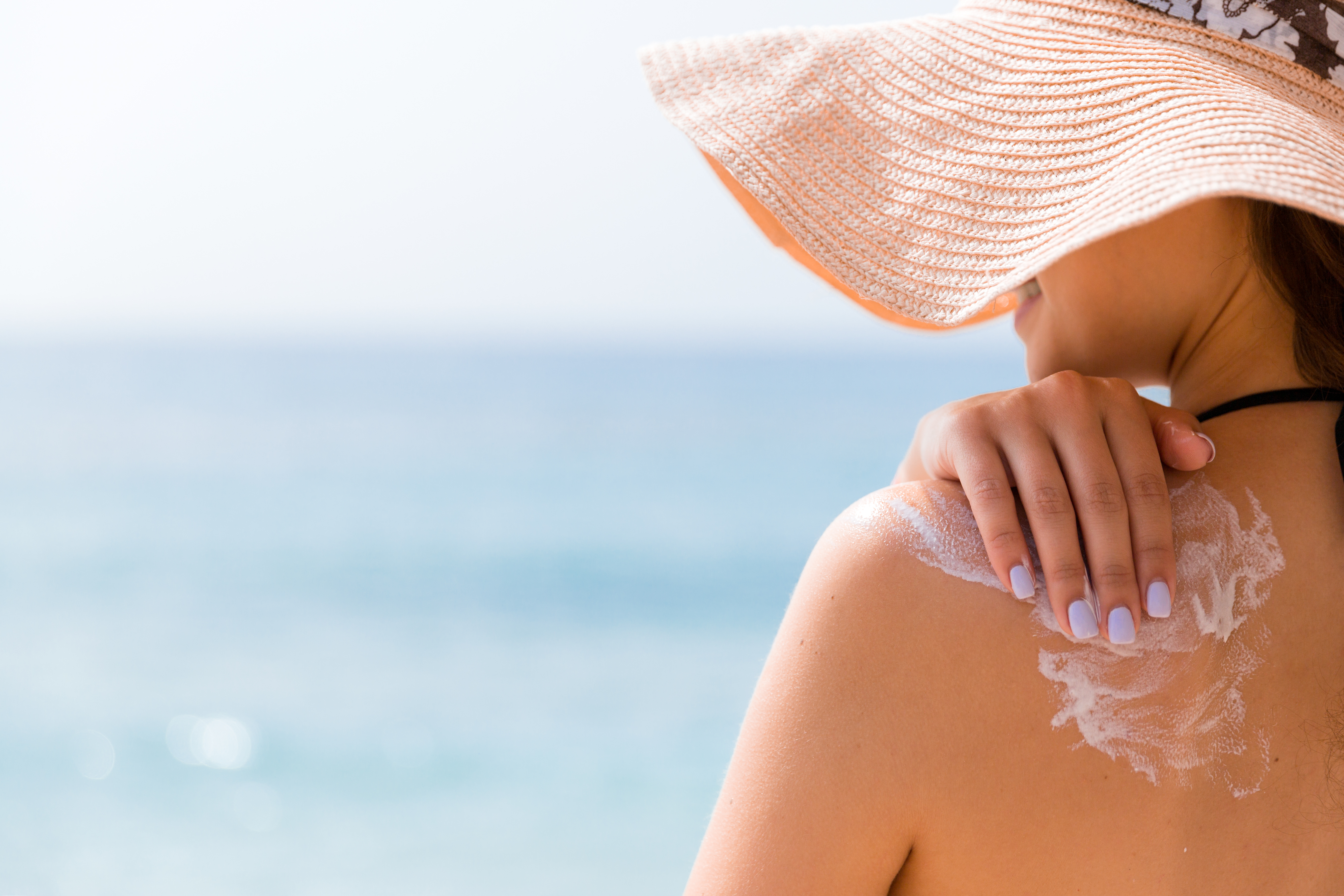A good dose of sunlight is almost always a cure for the blues, not to mention its role in the production of our vital Vitamin D. Vitamin D is a heavyweight when it comes to being healthy, protecting against inflammation, improving brain function, helping our muscles recover faster, and lowering high blood pressure.
The key takeaway there might be the phrase “a good dose.” Too much of a good thing does not just apply to chocolate cake or pepperoni pizza. Too much sunlight carries with it the destructive power of ultraviolet (UV) radiation, a direct cause of skin cancer. July is UV Safety Month, so we want to take this time to discuss this subject with our community and offer ways you can reduce your exposure to UV radiation.
What is UV radiation?
Radiation is the energy given off by a source, and in the case of UV radiation, it is most commonly given off by the sun. There are three kinds of UV radiation: UVA, UVB, and UVC. However, the most severe, UVC, does not reach the ground thanks to the protection of Earth’s ozone layer.
That leaves UVA rays, which have the least energy and usually contribute to long-term skin changes such as wrinkles, and UVB rays, which are more powerful and are the main culprits behind any painful sunburn you have ever had.
Other Sources of UV Radiation
Although most UV rays come from the sun, there are other, man-made, sources of UV radiation that can affect humans. These include:
- Tanning devices, such as sunlamps and tanning beds
- UV therapy
- Black-light lamps
- Xenon and Xenon-mercury arc lamps, plasma torches, and welding arcs
People who may be exposed to UV rays at their job should follow appropriate safety precautions to avoid skin damage and an increased risk in skin cancer. Although some may think that tanning beds are a safe way to get a tan, the IARC and NTP have classified sunlamps and tanning beds as carcinogenic to humans. The FDA has determined anyone under the age of 18 should not use tanning devices.
Does UV radiation cause cancer?
Most skin cancers are due to exposure to UV rays. The most common types of skin cancer, basal cell and squamous cell cancers, are found in parts of the body that are most commonly exposed to the sun throughout our lives, such as the face, neck, and shoulders. These behaviors include:
- Lots of time outside in the sun in a swimsuit
- Multiple serious sunburns
- Lots of time outside in the sun for recreation
One day at the beach or one bad sunburn is not going to give you skin cancer, however, avoiding and preventing these circumstances are the best ways to lower the chances that you will one day develop skin cancer. Thankfully, there are steps you can take, and things you can do, to ensure you don’t have too much exposure to the sun.
Staying Safe against UV Radiation
Covering your skin, with sunblock or clothing, is the best deterrent for preventing UV radiation from damaging it. If you are outdoors frequently for work or doing recreational activities, a layer of sunblock on any exposed skin, particularly on your neck, face, shoulders, and arms is a very smart idea. In general, sunblock with a sun protection factor (SPF) of at least 30 means it can block about 97% of the sun’s dangerous UVB rays. If you go with a sunblock of at least SPF 50, it will block 98% of those UVB rays.
If you exercise—walk, jog, cycle—outdoors, consider doing it early in the morning or when the sun is low in the sky in the evening. Staying inside during the peak UV light hours is really the very best medicine for keeping your skin safe. If you must be outside during those hours, when it’s time for a break, make sure you find some shade to give your skin a break. Don’t think sitting inside your car is as good as under a tree, since UV rays can penetrate glass.
The type of clothing you wear is also important. Choose clothes that are tightly woven but loose-fitting to ensure maximum coverage. A wide-brimmed hat can make a huge difference when it comes to protecting your head, face, and neck.
Sun exposure can be a source of worry but knowing how to stay safe while outside can be the key to keeping your family safe. Staying smart with regards to UV light lets you enjoy the sun without suffering the long-term consequences. For any concerns regarding skin cancer you may have, consult with a doctor.
Nutex Health, Inc. supports you and your family’s health. Coming soon to Cabot, Cabot Emergency Hospital will provide concierge-level care 24/7, 365 with wait times under 5 minutes, For more information about our services, click here.





Comments are closed